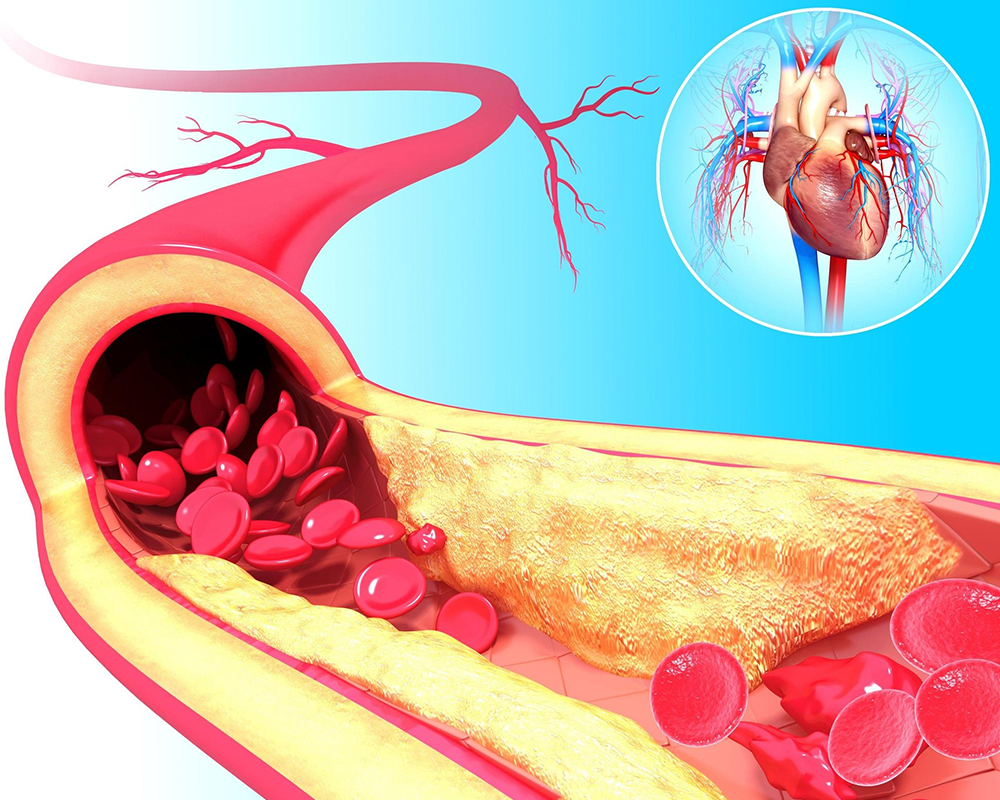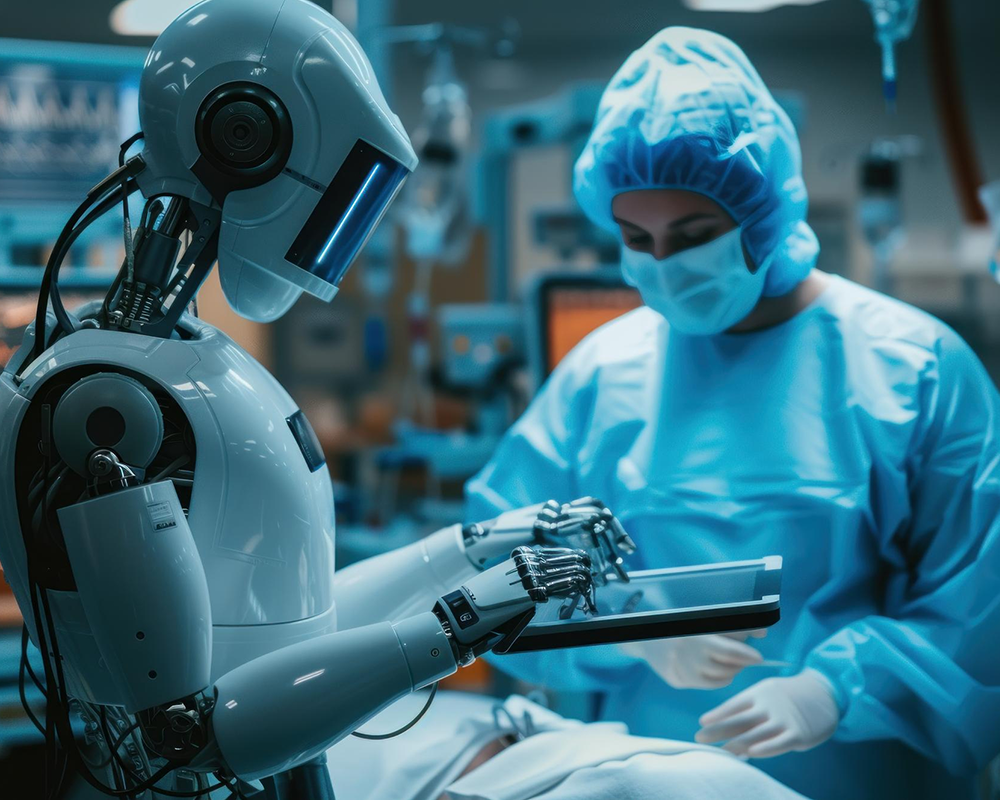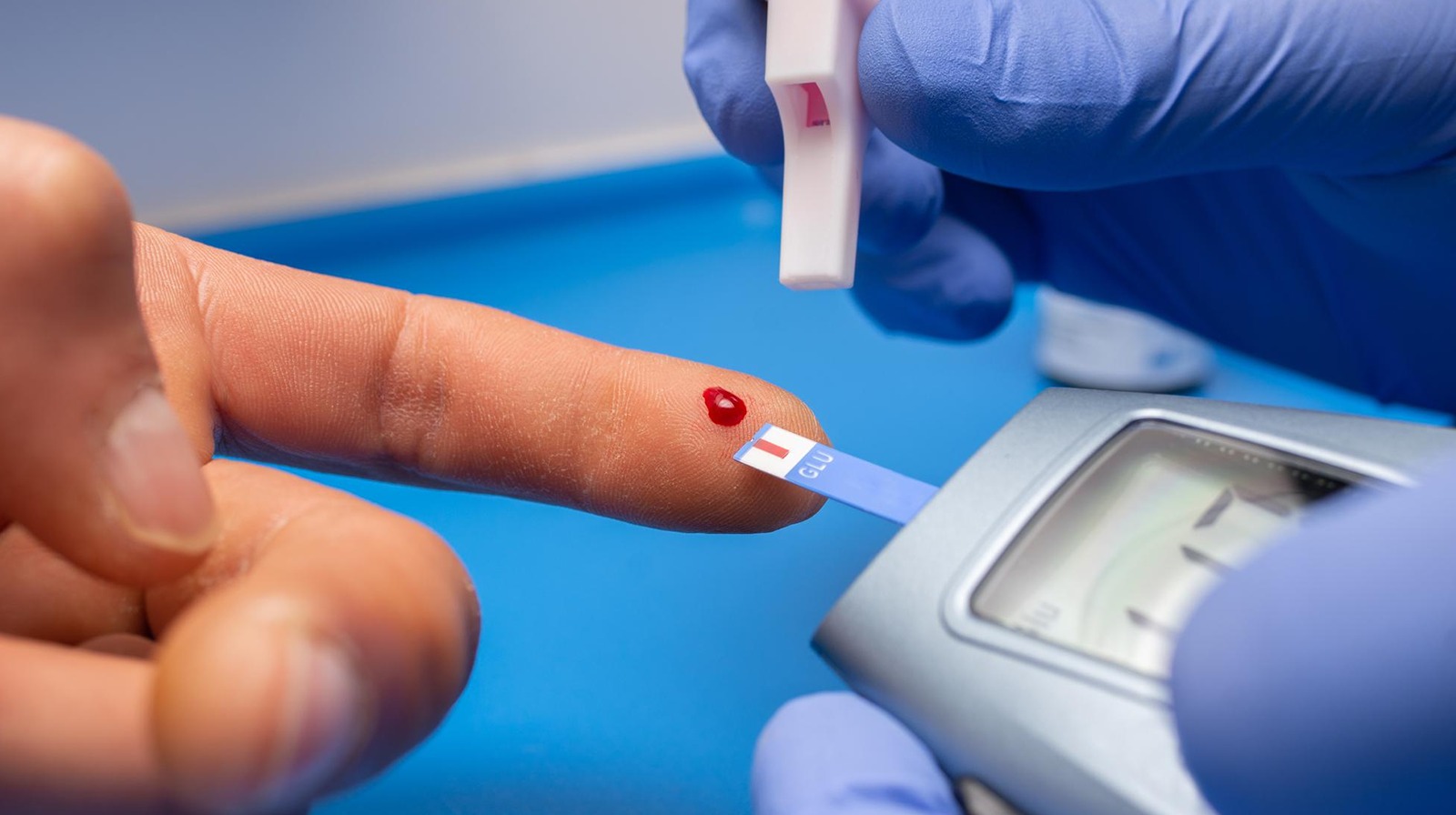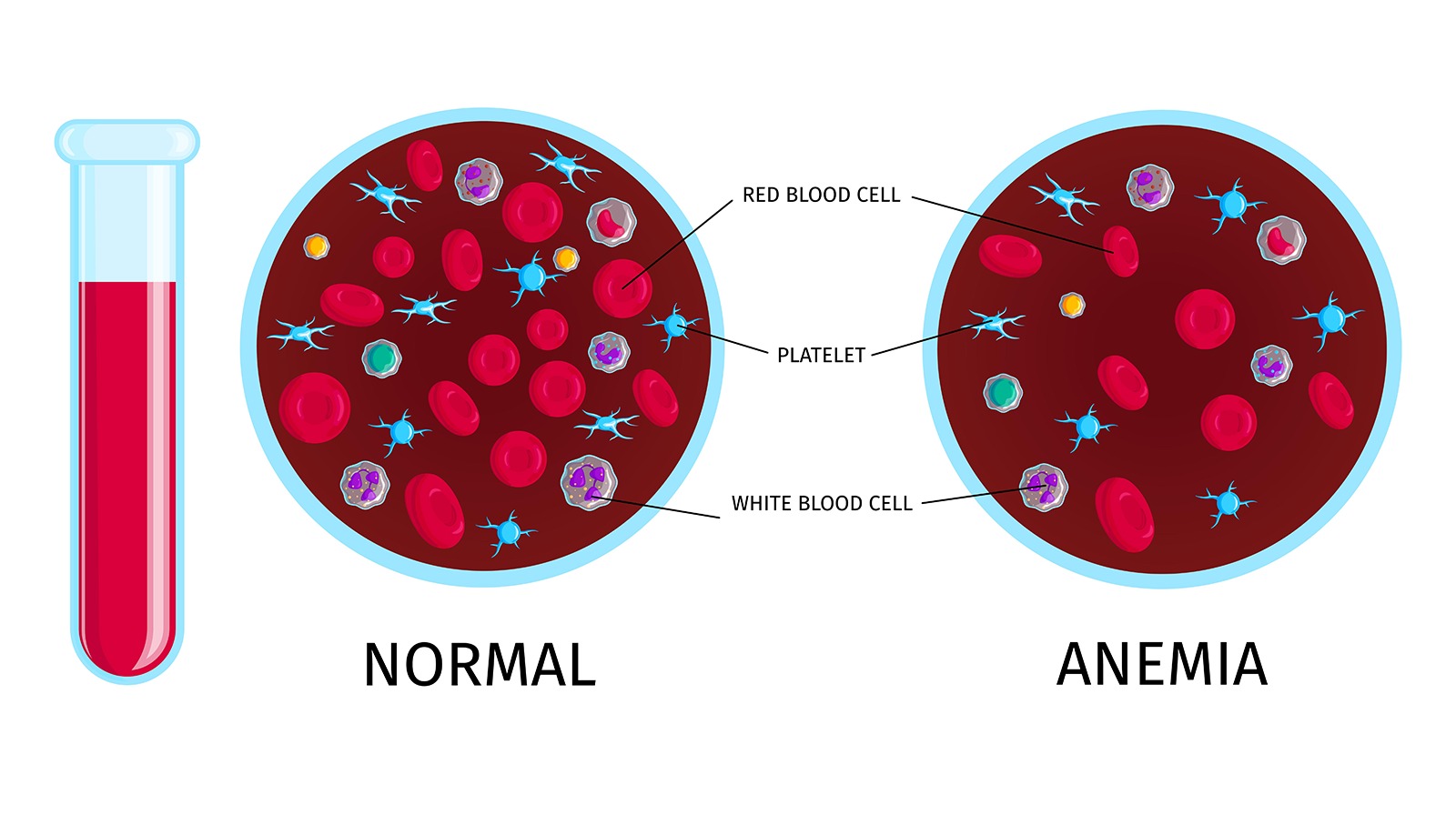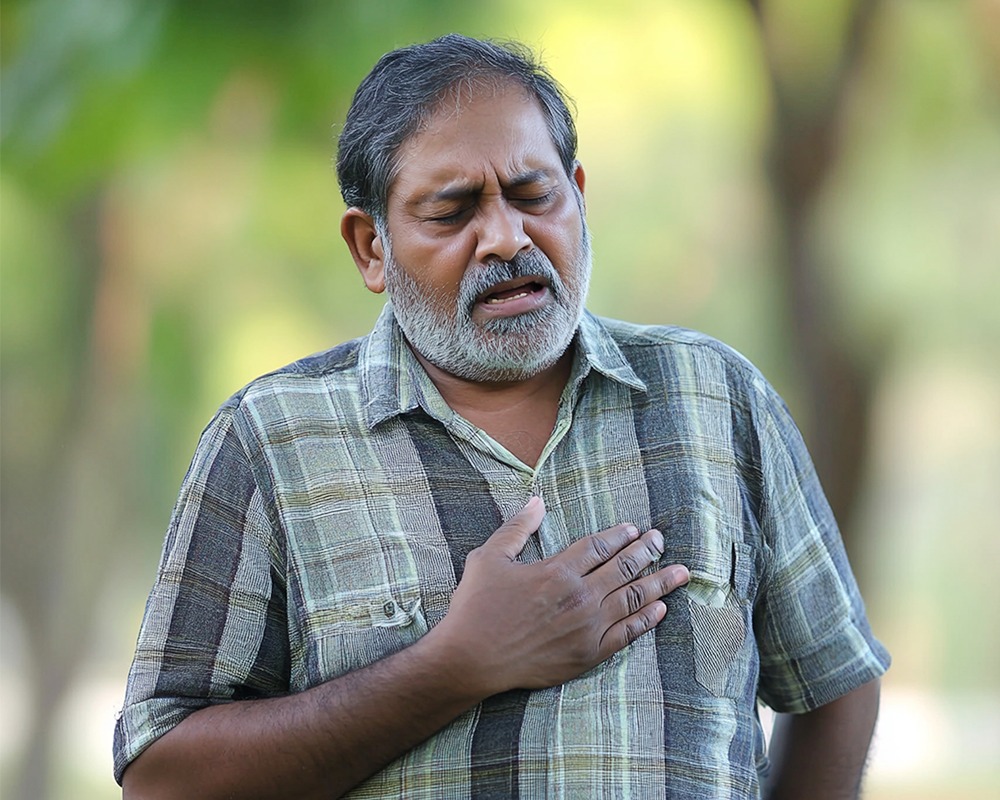Prostate cancer is considered to be one of the most common types of cancer found in men, especially those who age above 60. At ManglamPlus Medicity Hospital, we noticed that most men are unaware of the early signs of prostate cancer, which leads to delayed diagnosis. The good news is if caught early prostate cancer can be treated. In this blog we will provide you with information on prostate cancer including the warning signs, risk factors, screening tests and why timely medical care is so important.
What is Prostate Cancer?
The prostate is a small gland about the size of a walnut located just below the bladder in men. It makes the fluid that helps move semen. When these cells begin to grow at an uncontrollable rate, prostate cancer develops. Many times, this cancer grows slowly and remains confined to the gland. But in some cases it can move to adjacent organs, including the bladder or bones.
Early Signs of Prostate Cancer
Early prostate cancer may not have symptoms. Many of them feel otherwise normal and are unaware that anything is wrong. But as cancer develops, some symptoms may eventually emerge:
- Difficulty in starting or stopping urination
- Weak or interrupted urine flow
- Increased need to urinate, especially at night
- Blood in urine or semen
- Pain in the lower back, hips or thighs
- Painful ejaculation
- Trouble getting or keeping an erection
If you are facing any of these issues, do not ignore them. It is important to get tested by a medical professional. Our best urologist in Jaipur at ManglamPlus Medicity Hospital can help you with timely diagnosis and treatment.
Who Is at Risk?
While anyone can get prostate cancer, certain men have a higher risk than others. The most common risk factors include:
- Age: The risk increases as you grow older, especially after 50
- Family history: If your father or brother had prostate cancer, your chances are higher
- Obesity: Being overweight increases the chances of aggressive forms of prostate cancer
- Diet: A diet high in red meat and low in vegetables may raise risk
- Smoking and alcohol use also affect overall prostate health
If you fall into any of these categories, it’s best to begin routine screening early. Prevention is always better than cure.
Screening for Prostate Cancer
Screening helps detect prostate cancer before symptoms appear. At our hospital, we offer advanced and painless screening options for men who are at risk. Some of the commonly used tests include:
1. Prostate-Specific Antigen (PSA) Test
This test analyzes the level of PSA in the blood. It is a protein produced by prostate. High levels may indicate a problem.
2. Digital Rectal Exam (DRE)
A doctor checks the prostate for any hard or irregular areas by gently inserting a gloved finger into the rectum.
3. Ultrasound and MRI
Imaging tests give a clearer view of any growths or changes in the prostate.
4. Biopsy
If results from PSA and imaging tests are concerning, a small tissue sample is taken for examination.
Early screening allows for early treatment, and that can make a huge difference. Our best urologist in Jaipur is highly experienced in guiding patients through this process with care and respect.
Prostate Cancer Stages
Understanding the stage of cancer helps doctors decide on the best treatment. Prostate cancer has four main stages:
- Stage 1: Cancer is small and confined to the prostate. No symptoms yet.
- Stage 2: Cancer is still within the gland but may grow more quickly.
- Stage 3: The spread of cancer reached outside the prostate to nearby tissues.
- Stage 4: Cancer has reached distant parts like bones or lymph nodes.
Each stage needs a different approach, and our hospital provides complete care at every level.
Treatment Options
Treatment depends on age, overall health, and the stage of cancer. Here are some common options:
Active Surveillance
For slow-growing cancer, doctors may simply monitor your condition regularly without immediate treatment.
Surgery
Prostatectomy is the removal of the prostate gland. It is done either through traditional surgery or modern laparoscopic methods.
Radiation Therapy
High-energy beams are employed to specifically target and eliminate cancer cells. It can be done from outside the body or internally using tiny radioactive seeds.
Hormone Therapy
This method blocks the male hormones that help cancer grow. It helps slow down the disease.
Chemotherapy
Medicines are used to kill cancer cells. This is typically performed when the cancer has spread.
Newer Treatments
At ManglamPlus Medicity Hospital, we also offer innovative treatments based on your personal needs, combining technology and compassionate care.
When to See a Doctor
Do not wait for symptoms to become serious. If you are a man above 50, or if you have a family history of prostate cancer, speak to a doctor about your risks. Our team is always ready to help you with the right advice and screening tests.
Conclusion
Prostate cancer might seem scary, but early detection can save lives. It’s important to recognize the first warning signs. Take charge of your health. Talk to your doctor if you have any concerns about your urinary or sexual health.
At ManglamPlus Medicity Hospital, we focus on providing excellent care with a personal touch. Our experienced urologists and modern facilities make us a reliable choice for prostate cancer screening and treatment. If you need the best urologist in Jaipur, visit us today and take that crucial first step toward better health.
Your well-being is our priority. We are here to assist you at every stage of your journey.


